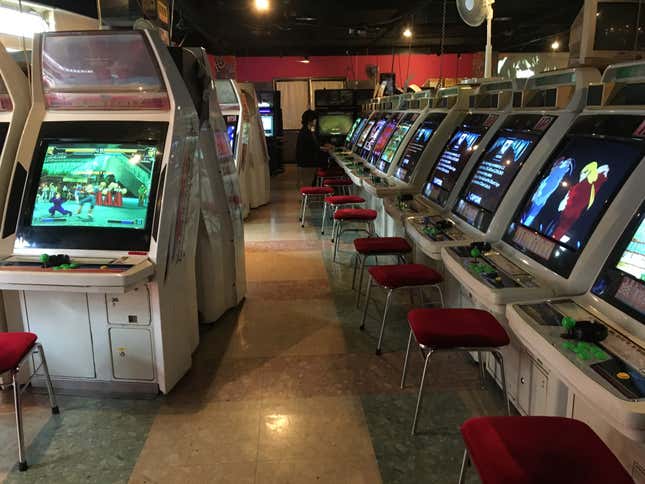
On October 1, 2019, consumption tax in Japan increased from 8 percent to 10. According to Jiji, the tax will not apply to food and drinks served in restaurants. It will be applied to arcade games.
For decades, arcades have been built around a single coin experience, either the 50 yen ($.44) coin or the 100 yen ($.88) one.
Because the one-coin experience is so entrenched into Japanese arcade gaming, owners have a difficult time asking players to shell out 110 yen (one 100 yen coin and one ten yen coin) per play. Instead, they end up taking the consumption out of the 100 yen they receive, lowering their bottom line.
“This industry might vanish,” a 47-year-old arcade owner in Yokohama told Sankei Business. “We cannot raise the price of a 100 yen game to 110 yen. The only choice is for the arcade to absorb the tax increase.”
That cuts into an already shrinking bottom line.
Japan’s arcade industry has been facing challenges in the past decade. In 2006, there were 24,000 arcades in Japan. By 2016, however, that number had decreased by nearly half to 14,000.
As LiveDoor News reports, the number of game center bankruptcies as of this September is nearly double last year’s number and there are still several months more in 2019.
However, the number of arcades that accept digital money has increased, which could help ease the tax burden. Small independent arcades might not have the capital to invest in digital money readers.
Another unnamed man who ran an arcade in Kawasaki that was closed this summer told the Sankei, “It’s good not envisioning how things will turn out. Seeing one’s fate is a heart-breaking thing.”
This article was originally published on October 3, 2018. It has since been updated.